
by Gideon Marcus
Black Power
The politics of race have been an actively displayed part of the Olympics as long as I can remember. Who can forget boxer Joe Louis defeating Max Schmelling at the 1936 Summer Games in Nazi Berlin? So it should come as no surprise that, at a time when the race crisis in America has reached a fever pitch, that there should be an expression of solidarity and protest at this year's quadrennial event in Mexico City.

The fellows with their hands "clenched in a fist, marching to the [Mexico City] War" (to paraphrase Ritchie Havens) are medal-winning sprinters Tommie Smith (Gold) and John Carlos (Bronze) who had just won the 200-meter finals. Peter Norman of Australia (Silver), while making no physical gesture, is wearing the same "Olympics Project for Human Rights" medal as his fellow winners.
Why did the winners present this display? I'll let Carlos speak for himself with his comments at a post-race, press conference:
We both want you to print what I say the way I say it or not at all. When we arrived, there were boos. We want to make it clear that white people seem to think black people are animals doing a job. We want people to understand that we are not animals or rats. We want you to tell Americans and all the world that if they do not care what black people do, they should not go to see black people perform.
If you think we are bad, the 1972 Olympic Games are going to be mighty rough because Africans are winning all the medals."
Carlos added, responding to press references to "Negro athletes" said,
I prefer to be called 'black'…If I do something bad, they won't say American, they say Negro.
Smith and Carlos, described by the Los Angeles Times as "Negro Militants", have been expelled from the Games by International Olympic Committee President Avery Brundage. This is the height of hypocrisy—how many times have we heard "we don't mind if Negroes protest; we just get upset when they riot and burn things"? Yet, here we have two men, American sports heroes, who peacefully highlight the plight of the Afro-American in our fraught country, and they're the bad guys?
With anti-Brundage feelings piqued and the U.S. expected to win today in the 400 and 1,600 meter relay finals (with nary a white man on competing on the teams), it is quite possible further displays of solidarity will be presented during the playing of our National Anthem.
Right on, brothers.
Speculative Power
It is with this as backdrop that I finished this month's issue of Fantasy and Science Fiction, which also leads with a powerful image. Does it deliver as striking a message? Let's read on and see:

by Gray Morrow
Once There Was a Giant, by Keith Laumer
Ulrik Baird is an interstellar merchant carrying a cargo of ten flash frozen miners in need of medical attention. In the vicinity of the low-gravity planet Vangard, his drive goes out, sending him hurtling toward the planet. But the planet is quarantined, off limits to outsiders. Nevertheless, Baird has no choice—a landing will happen one way or another; if it's a hard landing, the miners won't survive. Grudgingly, interstellar traffic control grants him clearance and coordinates to touch down softly. The approach is too fast for safety, and so Baird ejects, parachuting down, his frigid charges ejected safely in a separate, parachuting pod.
All according to Baird's plan.
Under the name of Carl Patton, Baird meets up with the last surviving man on Vangard, a 12 foot behemoth with the nickname 'Johnny Thunder'. Together with his 7' mastiff, the giant insists on accompanying Patton to where the pod of miners landed somewhere in the frozen wastes.
Again, all according to plan.
The plan is, in fact, quite clever, and this story marks a rare return to form for Laumer, who has been phoning it in of late. This is a story Poul Anderson would have woven liberally with archaicisms and mawkish sentiment. Laumer plays it straight, sounding more like E.C. Tubb in his first (the good) Dumarest story.
What keeps the tale from excellence is its resolution. Ultimately, Laumer provides the Hollywood ending, where everyone's a winner (more or less). His moral is roughly the same as Dickson's in this month's Building off the Line: some men are Real Men to be envied. The story even has a riveting travel sequence that takes up much of the story. An interesting bit of synchronicity.
I think I like this one better than Dickson's, but I still would have prefered something more downbeat, more nuanced. Four stars.
The Devil in Exile, by Brian Cleeve
Brother, here we go again.
Old Nick and his right-hand demon, Belphagor, were thrown out of the underworld by unionized hellions. An attempt to get Jack O'Hara, formerly a common drunk, lately a crime boss, to cross the union lines to bring the Devil back to power backfired when O'Hara took charge of The Pit.
Now, down to their last pence, Lucifer and friend pose as upper crust Britishers and miraculously (is that the word?) become heads of the Ministry of Broadcasting. Their debaucherous fare quickly wins over not just the terrestrial airwaves, but also those in Hell, and the Prince of Lies is restored to his rightful throne. Finis.
This installation is as tiresome and would-be-but-not-actually funny as the other two. Good riddance.
Two stars.
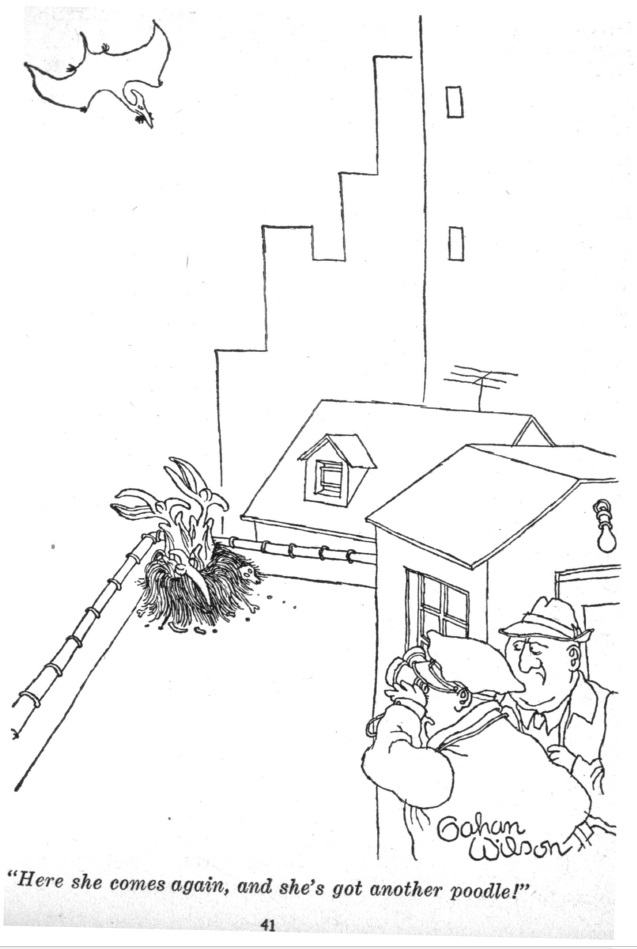
by Gahan Wilson
Coins, by Leo P. Kelley
In the time of Afterit, decades after The Bomb poisoned the world with its radioactive seed, humans have given up making decisions. After all, that's what brought about the Apocalypse, isn't it? Men making decisions? Instead, life is reduced to a series of 50/50 chances, each determined by the flip of a common coin.
Vividly written, but the premise (and the story's ending) are better suited to the comics. Anyone remember Batman's nemesis Two-Face from the '40s?
Three stars.
A Score for Timothy, by Joseph Harris
Timothy Porterfield is one of the world's greatest mystery writers. When he passes away after a long career, this seems to be the end—after all, does not death write the final chapter? Perhaps not, with the help of a medium with a flair for automatic writing. Nevertheless, there is still one final twist to the tale of Timothy…
Well wrought, atmospheric, and you're never quite sure how it will turn out. I liked it. Four stars.
Investigating the Curiosity Drive, by Tom Herzog
Curiosity killed the cat, but could it not also kill the human? And if one's goal is to test to determine whether or not curiosity be the salient feature of any sentient being, isn't it vital that one pick a being who isn't wise to your test?
This is a silly story, ultimately building to a joke that isn't worth the trip. Two stars.
The Planetary Eccentric , by Isaac Asimov
The Good Doctor discusses the discovery of Pluto and how it simply can't be the "Planet X" Percival Lowell was looking for. He does not quite so far as to say that it's not a planet at all, however, as some have opined.
Good article. Four stars.
Young Girl at an Open Half-Door, by Fred Saberhagen
The Museum of Art is haunted, it seems. Every night, an elusive prowler sets off the alarms in two of rooms housing prize exhibits. When a troubleshooter is dispatched, he finds the intruder is on something of a salvage mission, rescuing the art as insurance against an impending disaster. More importantly, said troubleshooter finds love…
It's a well-told story, and the ending is suitably chilling, though I found the romantic elements a bit too rushed for plausibility. Four stars.
The Kings of the Sea, by Sterling E. Lanier
In this, the second shaggy dog story of Brigadier Ffelowes, we return to 1938 Sweden for a brush with gods that make the Aesir look like Johnny-Come-Latelies. It's sort of Lovecraftian and not as compelling as the first tale Ffelowes recounted, which took place in the Caribbean. Not bad; just sort of pedestrian.
Three stars.
Stepping down from the podium
You know, it's nice to be able to step away from the real world for a while. There are important things going on that one must keep tabs on, causes to support, but everyone needs a break. Thankfully, this month's F&SF, while it presents no absolute stand-outs, nevertheless presents no real clunkers, and it finishes at 3.4 stars—well above the 3-star line.
And that's something to salute!

![[October 20, 1968] Giants among Men (November 1968 <i>Fantasy and Science Fiction</i>)](https://galacticjourney.org/wp-content/uploads/2023/10/681020cover-672x372.jpg)

![[September 20, 1968] It comes and goes (October 1968 <i>Fantasy and Science Fiction</i>)](https://galacticjourney.org/wp-content/uploads/2023/09/680920cover-651x372.jpg)


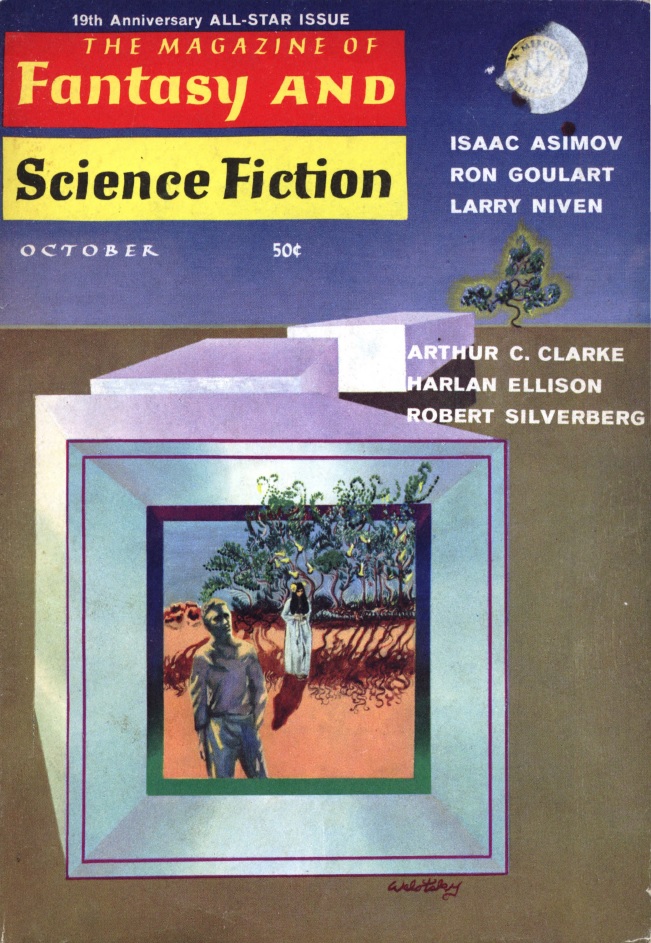

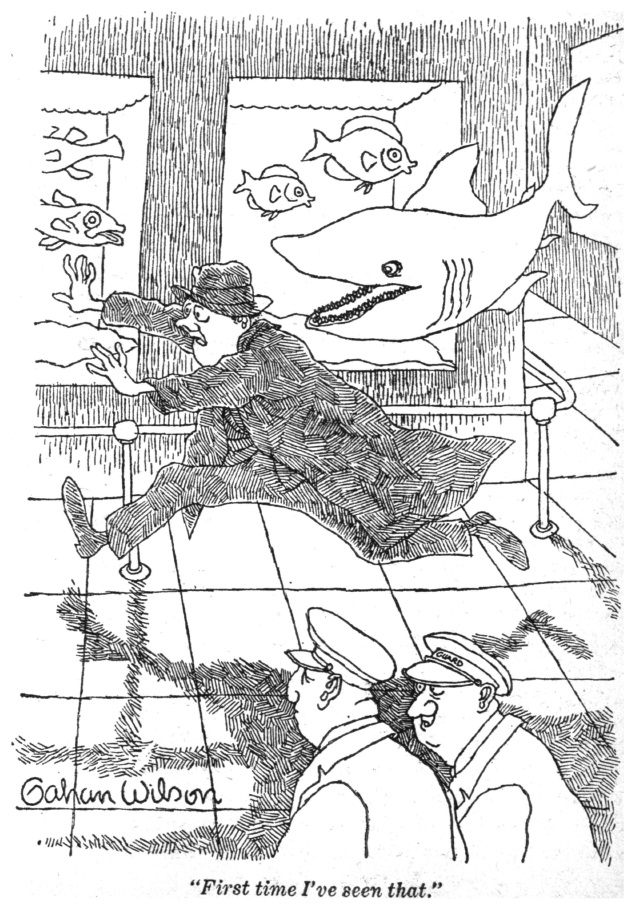
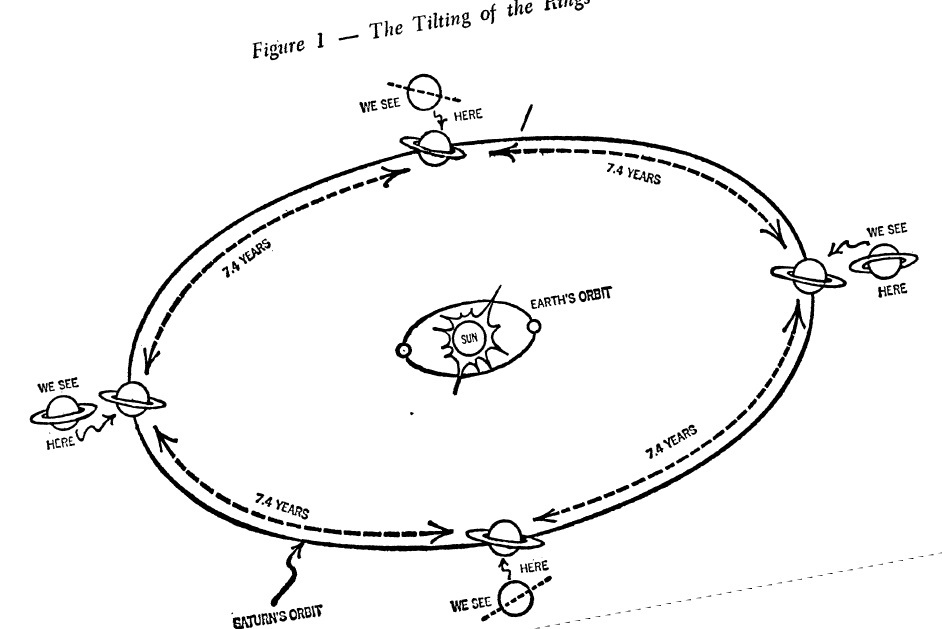
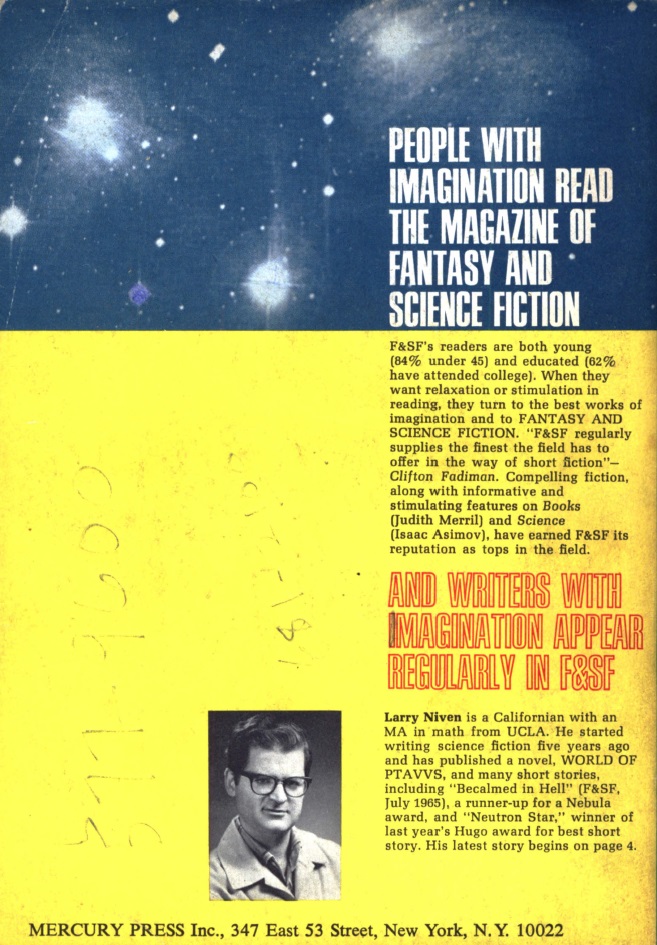
![[August 20, 1968] A tale of two issues (September 1968 <i>Fantasy and Science Fiction</i>)](https://galacticjourney.org/wp-content/uploads/2023/08/680820cover-659x372.jpg)



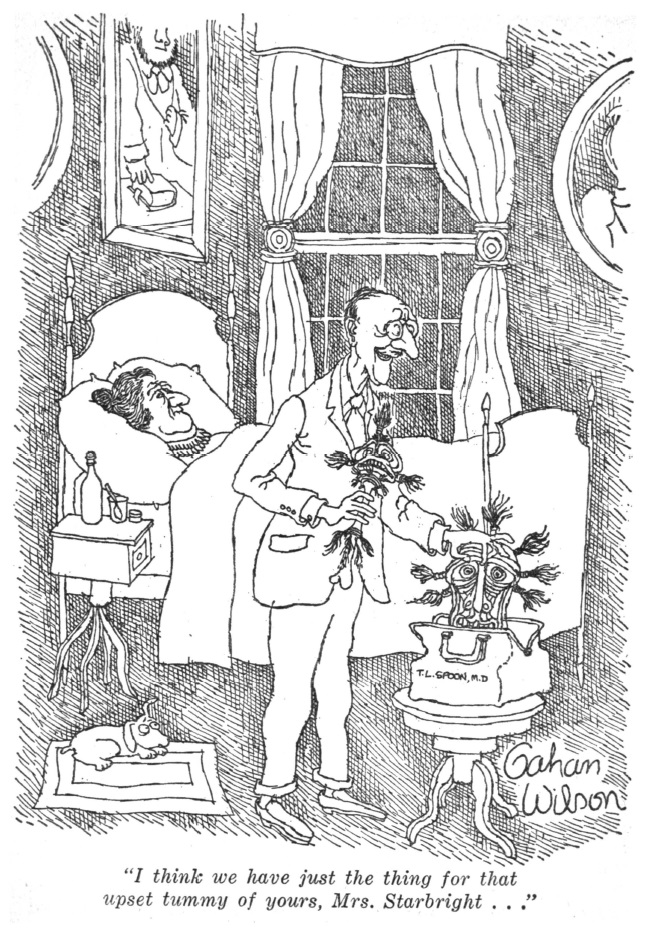
![[July 22, 1968] Shades and Shadows (August 1968 <i>Fantasy and Science Fiction</i>)](https://galacticjourney.org/wp-content/uploads/2023/07/680722cover-664x372.jpg)




![[June 26, 1968] To far off lands (July 1968 <i>Fantasy and Science Fiction</i>)](https://galacticjourney.org/wp-content/uploads/2023/06/680620cover-451x372.jpg)














![[May 20, 1968] Dying, deflating, and deorbiting (June 1968 <i>Fantasy and Science Fiction</i>)](https://galacticjourney.org/wp-content/uploads/2023/05/680520cover-665x372.jpg)




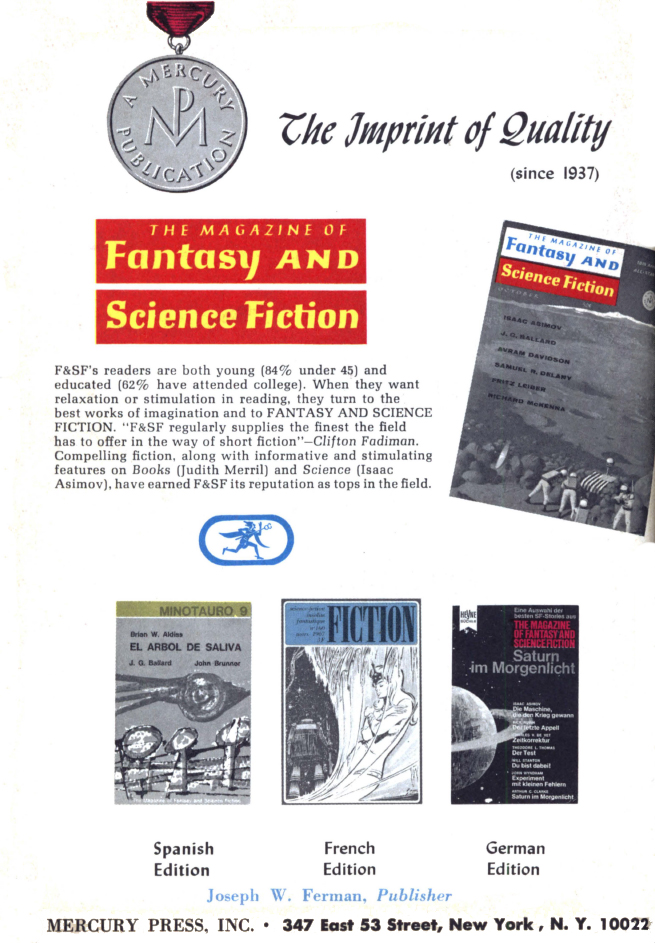
![[April 20, 1968] A treat for the senses (May 1968 <i>Fantasy and Science Fiction</i>)](https://galacticjourney.org/wp-content/uploads/2023/04/680420cover-672x372.jpg)




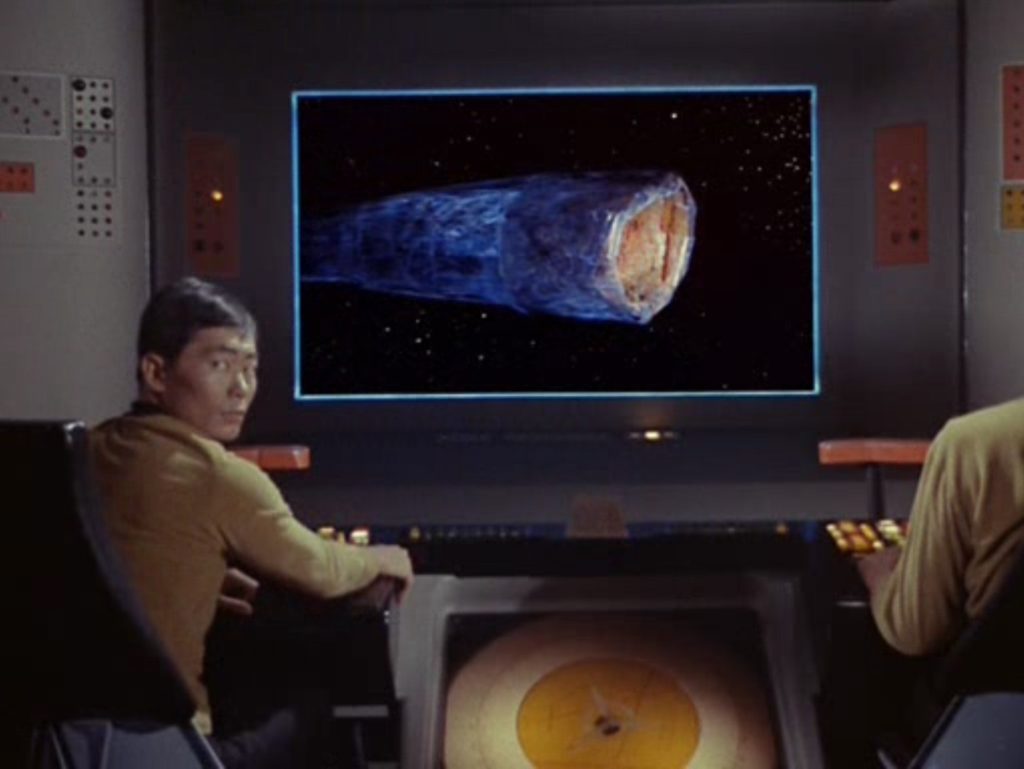
![[March 20, 1968] Missed opportunities (April 1968 <i>Fantasy and Science Fiction</i>)](https://galacticjourney.org/wp-content/uploads/2023/03/680320cover-666x372.jpg)


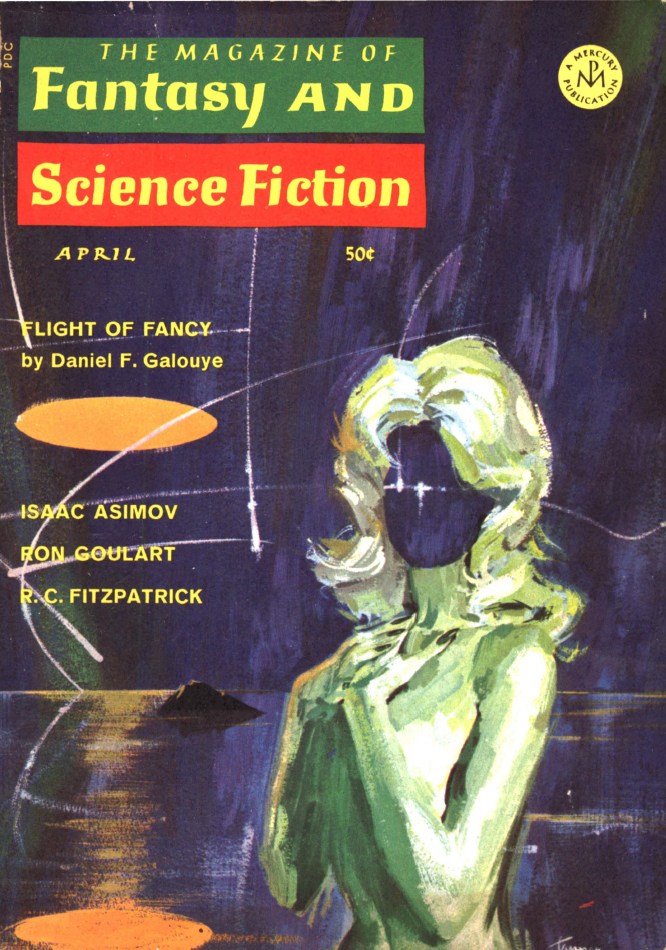

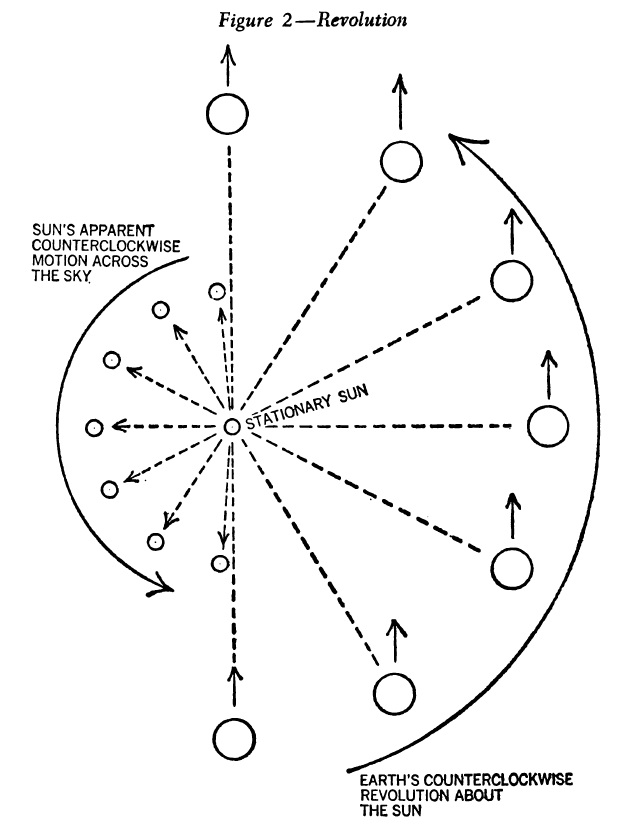
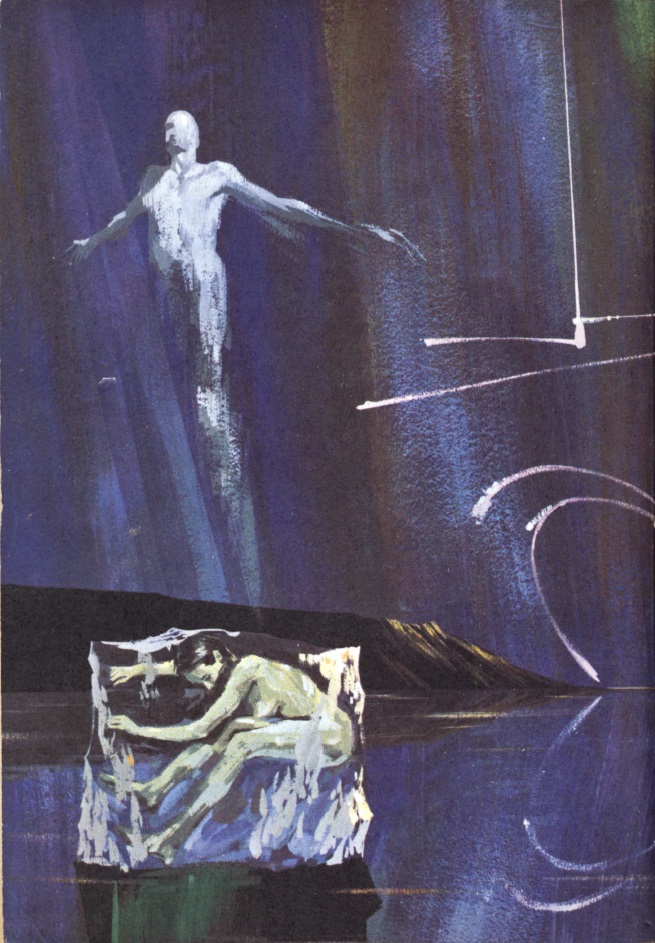
![[February 20, 1968] 1-2-3 What are we fighting for? (March 1968 <i>Fantasy and Science Fiction</i>)](https://galacticjourney.org/wp-content/uploads/2023/02/680220cover-671x372.jpg)
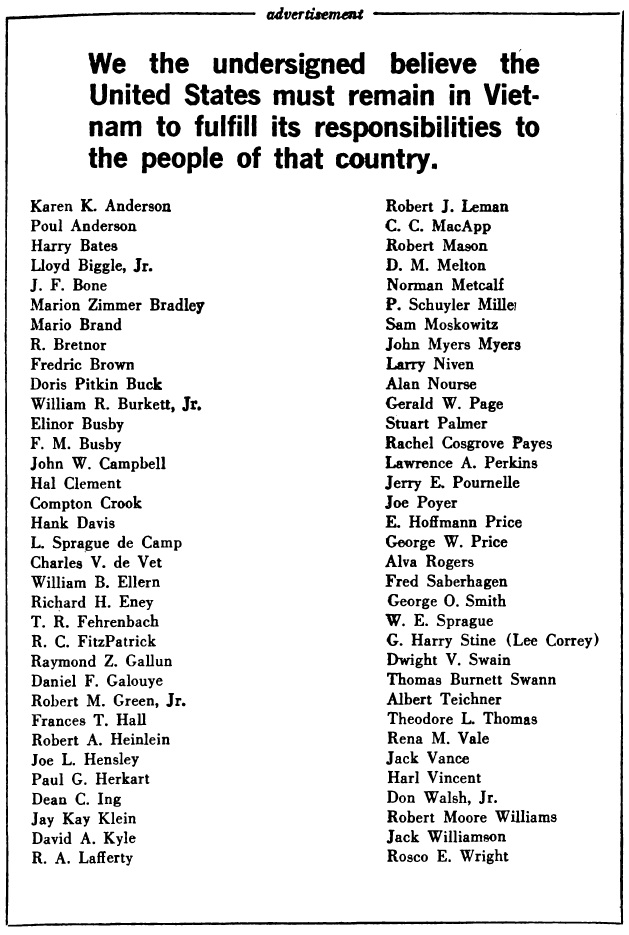

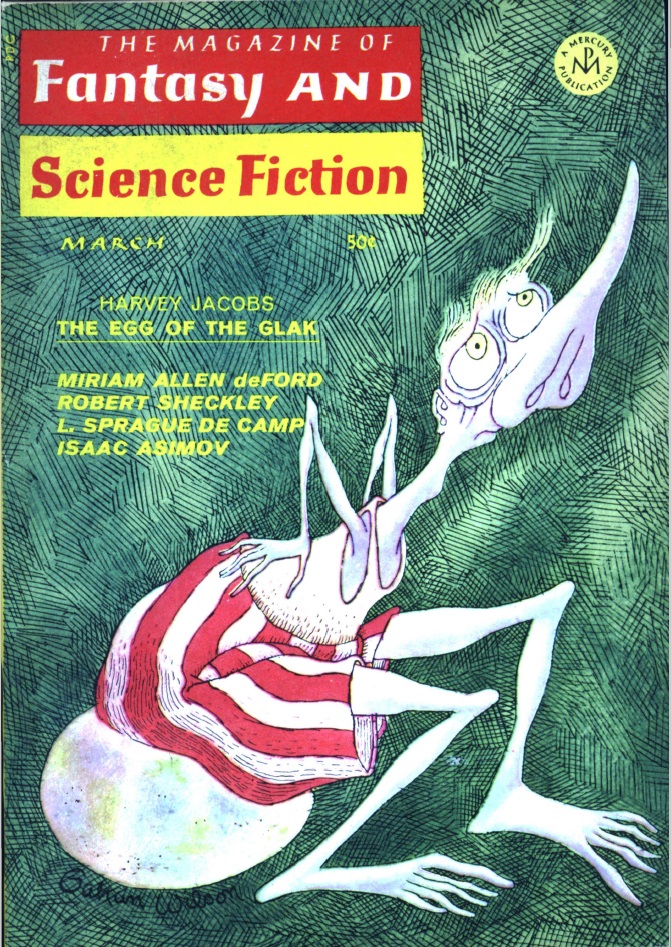
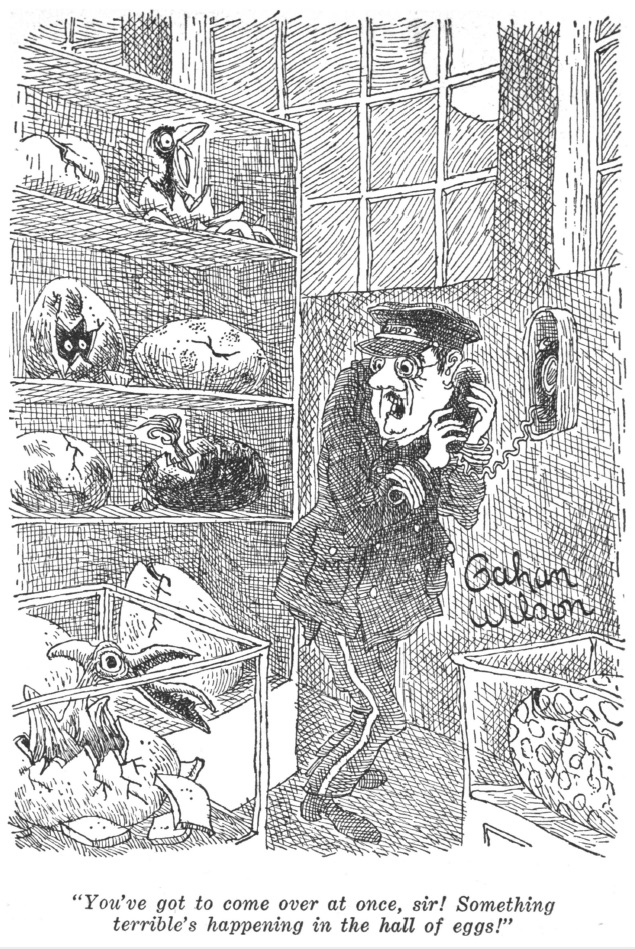
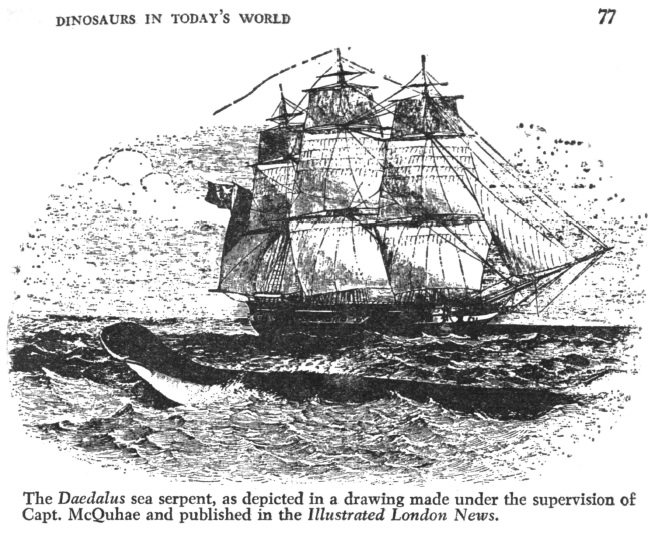
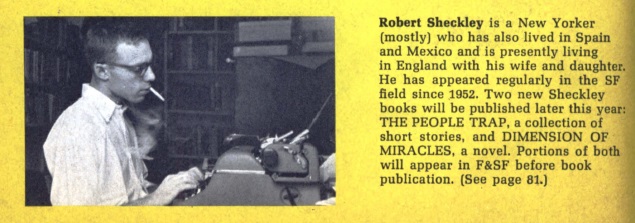
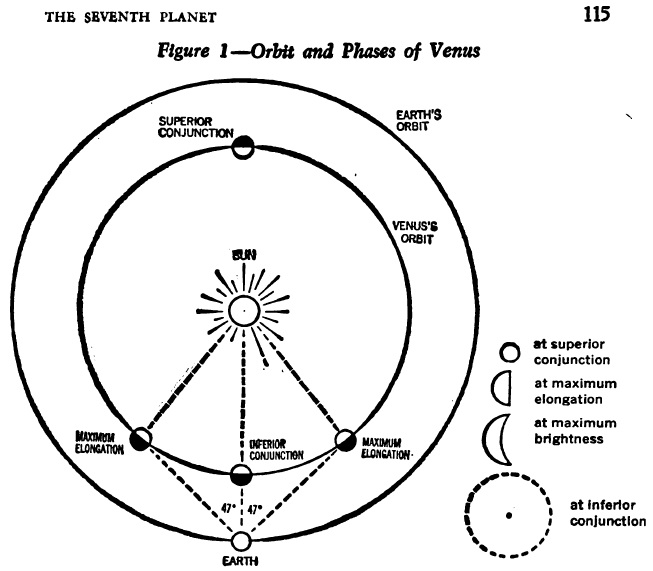
![[January 22, 1968] The Magical Mystery Tour (February 1968 <i>Fantasy and Science Fiction</i>…plus the Beatles movie!)](https://galacticjourney.org/wp-content/uploads/2023/01/680122both-672x372.jpg)
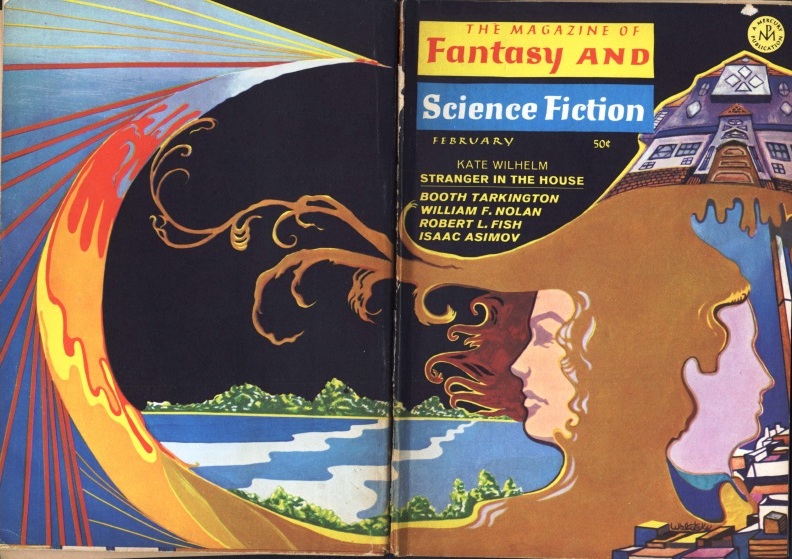
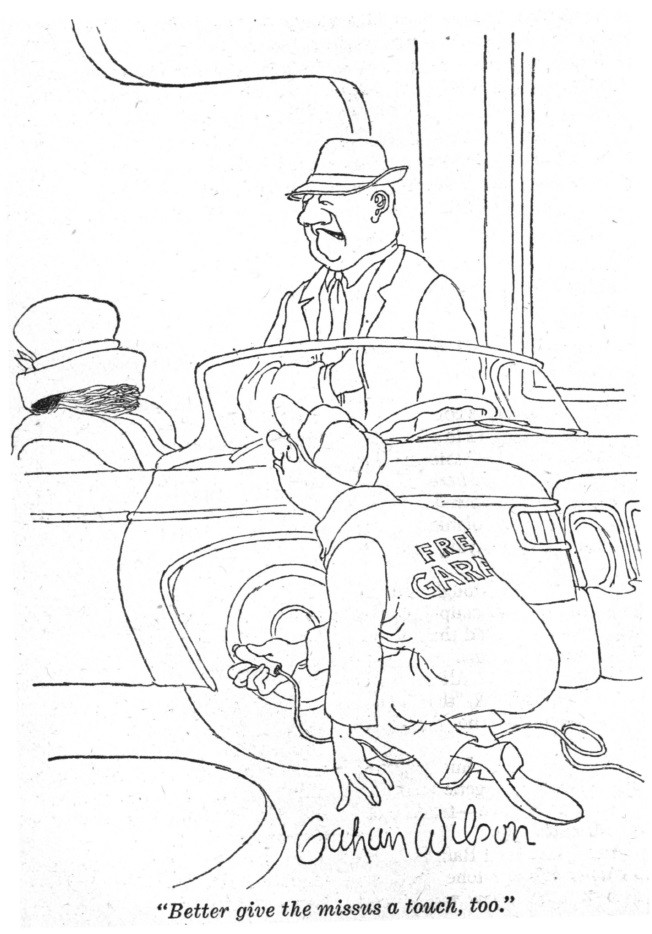

 The Mystery Bus attempting to flee its critics.
The Mystery Bus attempting to flee its critics.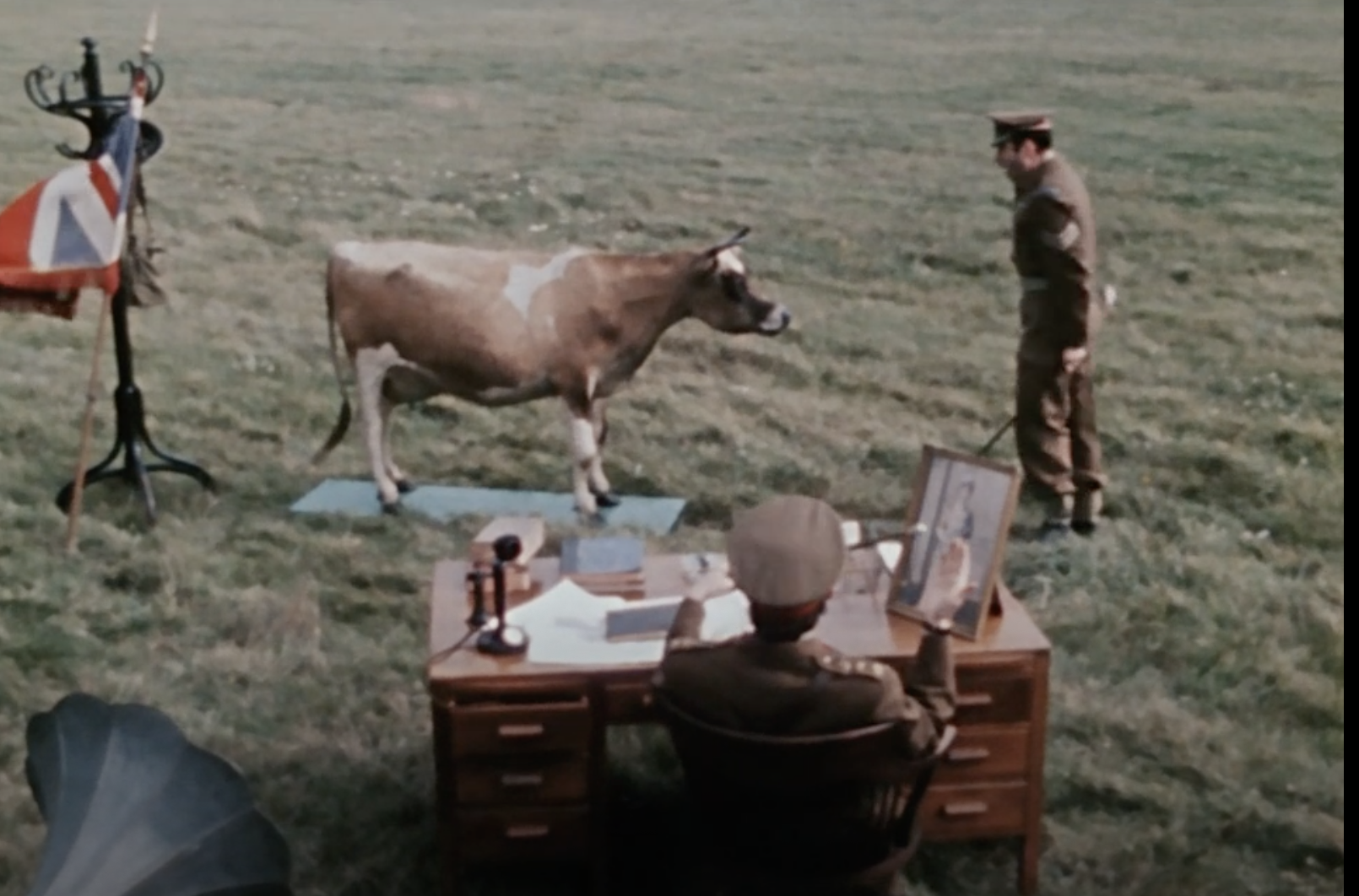 Yes, but why?
Yes, but why? Everyone having a lovely time, apparently.
Everyone having a lovely time, apparently.